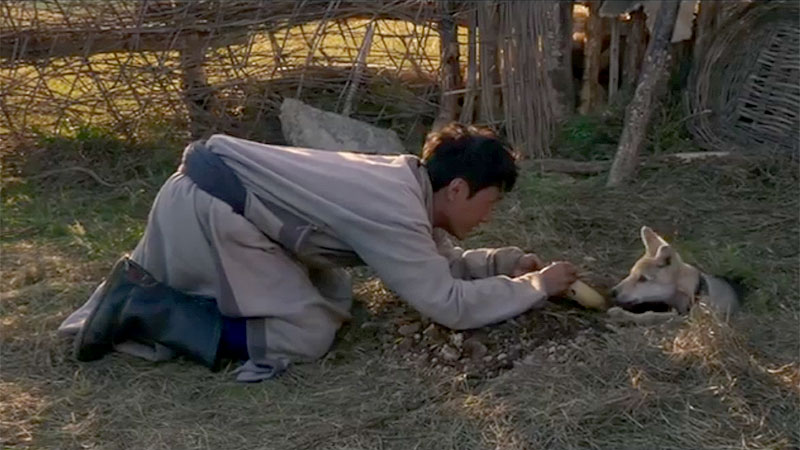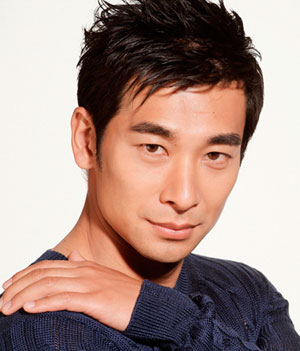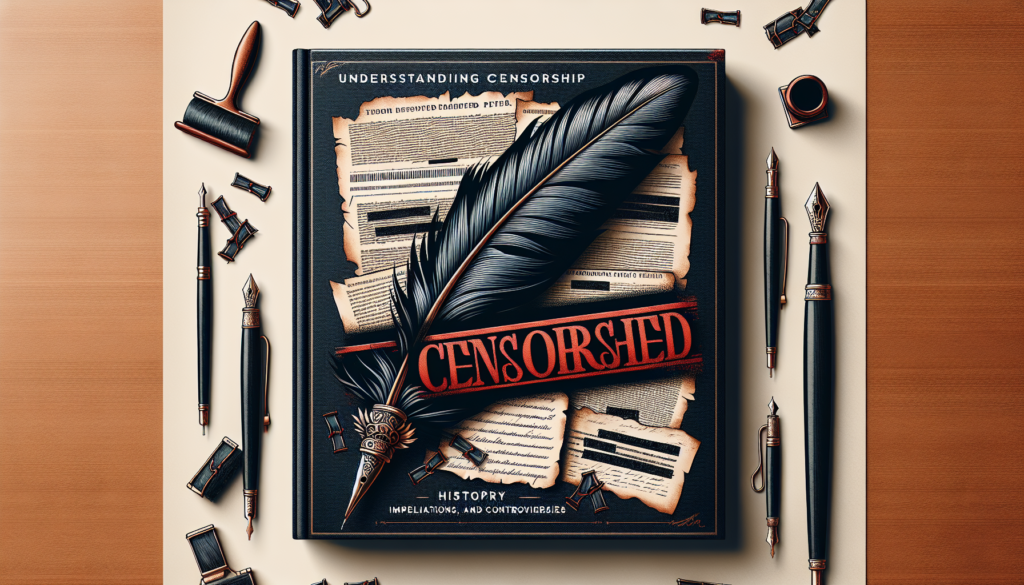In the sophisticated digital era where information is at our fingertips, a new form of restriction, modern-day censorship, is emerging, gaining traction, and becoming a severe global concern. It is restricting freedom of thought and expression, two fundamental pillars on which the edifice of democracy rests.
Modern-day censorship goes beyond the traditional form, the banning of books and publications. It has shifted to the new battleground – the virtual world. Now, the censorship we face implicates not just the act of silencing voices but also concentrating power, manipulating information, and shifting public opinion under the garb of upholding societal and national interests.
The advent of the internet brought along the promise of a free flow of ideas and opinions. Still, more recently, this promise seems to be shattering as numerous nations resort to stringent internet censorship. Internet shutdowns, restricting access to certain websites, “firewalls” that block specific online content – all are instances of digital censorship that have devastating effects on the right to freedom of speech and access to information.
Stark instances of digital censorship have been observed in countries like China, with its ‘Great Firewall’ model that regulates its nationals’ internet usage. However, such practices are not confined only to authoritarian regimes. Incidents in democratic nations like India, where the government has frequently resorted to internet shutdowns to curb dissent, show that this is indeed a global problem.
Social media platforms, which were conceptualized as spaces for free and equal communication, have turned into stages of moderation and control. They are increasingly facing accusations of political bias, misinformation, and arbitrary content removal. Platforms such as Twitter and Facebook have found themselves in the eye of the storm many times for removing posts or blocking users in the name of content moderation.
However, the debate here is more nuanced. On one hand, social media platforms have a responsibility to prevent the spread of harmful content. On the other hand, their dominant position and lack of transparency in content moderation policies pose a risk of arbitrary censorship.
In some cases, censorship is justified under the explanation of curbing ‘fake news’. But while the propagation of clear false information is certainly dangerous, the countermeasure of censorship often goes too far, enabling governments and corporations to manipulate narratives and discourse in their favor oversimplifying the complex problem of ‘fake news’ and misinformation.
Another form of modern-day censorship is the surveillance capitalism practiced by tech giants. Platforms like Google and Facebook track user behavior for targeted advertisements. This act of data gathering takes censorship away from just the realm of politics and deeply into privacy, making every internet user a subject of constant monitoring.
The rise in modern-day censorship is incredibly concerning as it stifles open dialogue, infringes on human rights, and impedes the freedom of the press / freedom of creation. Information is power, and in democracies, transparent access to it is crucial for creating informed, engaged societies.
It’s important to realise that censorship cannot be eradicated by simply banning it. The solution lies in transparent rule-making that involves contributions from governments, citizens, and tech companies. It necessitates the creation of a consensus that separates the necessity of moderating harmful content from the harmful practice of suppressing dissenting voices.
The menace of modern-day censorship poses a significant threat to individual freedoms and democracy at large. As a global society, we must remain vigilant against instances of censorship, question every aspect that curtails freedom, and strive towards leveraging technology to safeguard our liberties rather than suppress them. The future of our democracy and free thinking lies in striking the right balance between regulation and freedom in the digital sphere.




